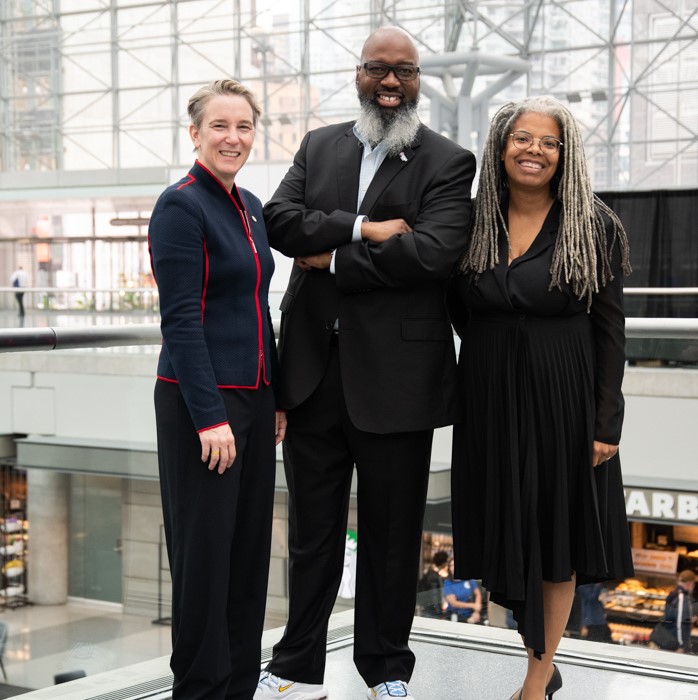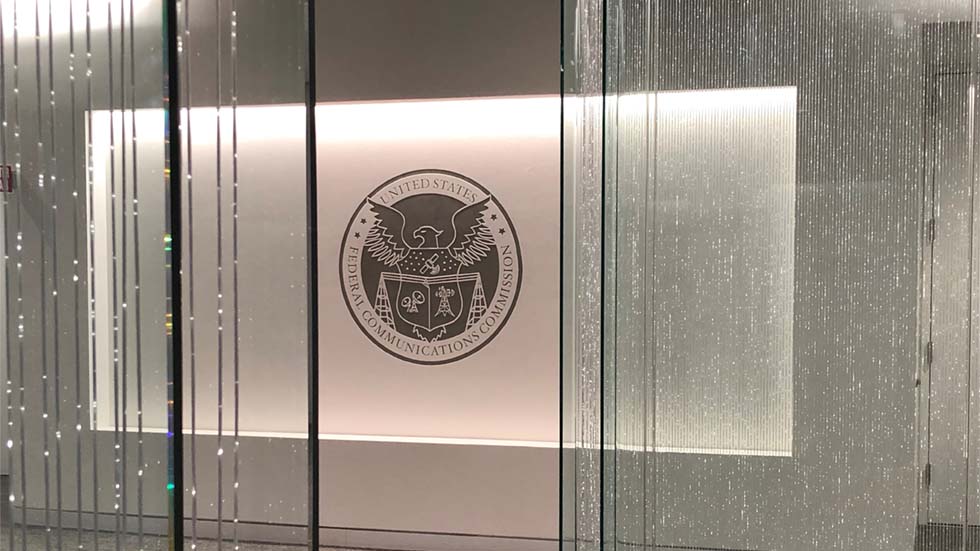Diversity in Leadership: Three Media Tech Organizations Breaking Barriers
SMPTE, AES, and VDT have expanded diversity in their leadership

The media technology industry is striving to create a more diverse, equitable, and long-lasting workforce of passionate engineers and technologists. Three organizations are leading the way in this charge, expanding diversity initiatives, and creating a more inclusive industry. These organizations include SMPTE, AES, and VDT. Each of these influential entities have expanded diversity in their leadership, and things are only looking up from here.
SMPTE
SMPTE is the Society of Motion Picture and Television Engineers. The organization has existed for over a century and is responsible for many of the industry’s most innovative standards from film sprocket size and placement to the famous Color Bars and more recently ST 2110. In 2023, the organization welcomed its first African American president, Renard T. Jenkins. Jenkins began his career in college, working as a PA and eventually a location sound engineer on national film and television productions as well as being an on-air radio personality. He soon moved into live sports, working freelance for ESPN and ABC covering golf, tennis, and college sports.
Jenkins was recruited for a job at CNN/Turner Broadcasting, rising the ranks fast and gaining valuable knowledge along the way. “The thinking at that time that was instilled in all of us was, if this is something cutting edge, throw all your efforts and resources into it to see if it will fly. If it does, great. If it doesn’t, take what you’ve learned and apply it to the next project. Dream big,” said Jenkins. “I always look at that as the turning point in the way that I thought about my career because it helped me to understand that, really and truly, the only limitations that you have, even in a giant corporation, are the ones that you put on yourself.”
After more than a decade and a half at Turner Broadcasting, Jenkins moved to PBS. His most current role was SVP of Production Integration & Creative Technology Services for Warner Bros. Since leaving that role, Jenkins has focused on completing AI coursework at UC Berkley and MIT as well as his AR/VR content company. He has also dived headfirst into his presidential duties at SMPTE. Jenkins hopes to continue fostering innovation at SMPTE, expanding student chapters, especially amongst HBCUs, and supporting international sections in their film technology endeavors.
AES
AES is the Audio Engineering Society, and Leslie Gaston-Bird, author of Women in Audio (Focal Press) and Math Fundamentals for Audio (A-R Editions), is their first African American president. Gaston-Bird began her career by studying audio technology and telecommunications at Indiana University Bloomington where she got a work-study with public radio affiliate WFIU-FM. Soon thereafter, she was hired at NPR headquarters in Washington, D.C. "I got the job just three months after graduating from IU,” said Gaston Bird. “Looking back, when I think about the first time I saw the blue AES Journal, and if I imagine someone telling me I would be AES President one day, I would say, ‘Yeah, I can see that!’”
Get the TV Tech Newsletter
The professional video industry's #1 source for news, trends and product and tech information. Sign up below.
Gaston-Bird’s career flourished after leaving NPR headquarters. She’s held positions at Colorado Public Radio, Post Modern Company, the Colorado Symphony Orchestra, and the University of Colorado Denver. Her current position is at City, University of London and she is a director of Immersive and Inclusive Audio. Though her jobs keep her busy, her presidency at AES has become a major priority.
“Our members have such great ideas and share my passion for audio. My job as president is to help bring those ideas to fruition and hopefully grow and strengthen our society, increasing the value of membership while expanding our umbrella worldwide,” said Gaston-Bird when asked about her goals for the future of AES. “There are so many people who can benefit from what AES has to offer, and we need to let them know to join, get involved, and bring their great ideas to the table.”
VDT
The VDT is the German Association for Audio Professionals, and Ulrike Schwarz is their first female president in the 73-year history of the organization. Along with partner, Jim Anderson, she has over 30 Grammy nominated recordings and a slew of international awards involving her audio engineering work. She also has perfect pitch.
“At a very young age I was drawn to music. I could read and write music before I could read and write. The transition into playing an instrument and studying music and the field of audio engineering and producing was natural for me,” said Schwarz. “I had great mentors and having had the chance to work with world class musicians very early on prompted me to match their vision and results in my field of audio engineering. I love my job and am thankful that I get to spend most of my days listening to great music and learning from the masters in our fields.”
Schwarz worked with German Public Radio for more than ten years, serving as the audio engineer on some of their biggest broadcasts. Along with being president of VDT, she also recently received a grant from the Women’s Fund of the New York Foundation of the Arts for her work on Jane Ira Bloom’s Grammy nominated album (2023) Picturing The Invisible – Focus 1. “I plan to keep working on bigger and better projects, helping and growing the VDT and strengthening the connections between the SMPTE, AES and VDT.”
Conclusion
SMPTE, AES, and VDT play major roles in the media technology industry, especially when it comes to the world of audio. The diverse leadership of these organizations reflects a positive change in the industry, and that trend is sure to continue as diversity, equity, and inclusion initiatives are cemented in the cultures of these companies. The future looks bright, especially with these great leaders at the helm. As Jenkins surmises, “The three of us have committed to working together to change the world around us for the better. There will be more collaboration between our organizations that we feel will create more opportunities for our members and the industry starting very soon.”
Russell Poole is a Digital Content Writer at SMPTE
